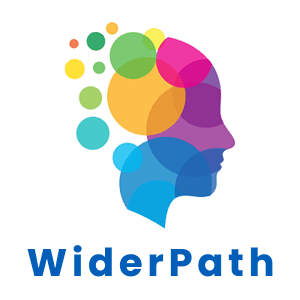“The oak fought the wind and was broken, the willow bent when it must and survived.”
~ Robert Jordan, The Fires of Heaven

Do you think clearly under pressure, or do your find yourself flooded with stress and emotion unable to think?
How often are you able to fully listen with patience when someone else is talking?
Does uncertainty leave you feeling rattled and unsafe?
How often do you act unkindly and regret it later?
Do you tend to think that things are going to turn out OK?
How often do you feel grateful for what is right now?
Do you know what drives you to get up and go each day?
Do you hold on to slights and times where you felt wronged?
Do you have strong connections to at least a few people where you feel you can be accepted as yourself?
These are signs of resilience,
WiderPath can help.
We can’t stop life from delivering blows but we can learn how to respond to them. Resiliency is the ability to adapt and bounce back from difficult situations. When it comes to stress, developing resilience can be incredibly helpful in managing and mitigating its effects. Resilient people tend to have a positive outlook, a sense of control over their lives, and robust coping mechanisms.
This means that when faced with stressors, they are better equipped to handle them healthily, rather than feeling overwhelmed and helpless. Resilient individuals can also find meaning and purpose in challenging experiences, which can help them maintain a sense of perspective and keep stress from becoming too overwhelming. Ultimately, cultivating resilience is an important tool for managing stress and building a happier, healthier life.
Program Details
Certain thinking patterns can become stuck in a loop, leading to negative thoughts and emotions. Participants learn techniques to identify and interrupt these recursive thinking patterns, such as mindfulness, cognitive restructuring, and positive self-talk. Practice practical strategies for developing more adaptive thinking patterns to improve mental health and well-being.
Explore how to cultivate greater self-awareness and emotional regulation to respond thoughtfully rather than reacting impulsively. Learn techniques such as mindfulness, breathing exercises, and cognitive restructuring to improve your ability to pause, reflect, and respond effectively to challenging situations. Experience practical strategies for enhancing communication and relationships by moving from a reactive to a responsive mindset.

